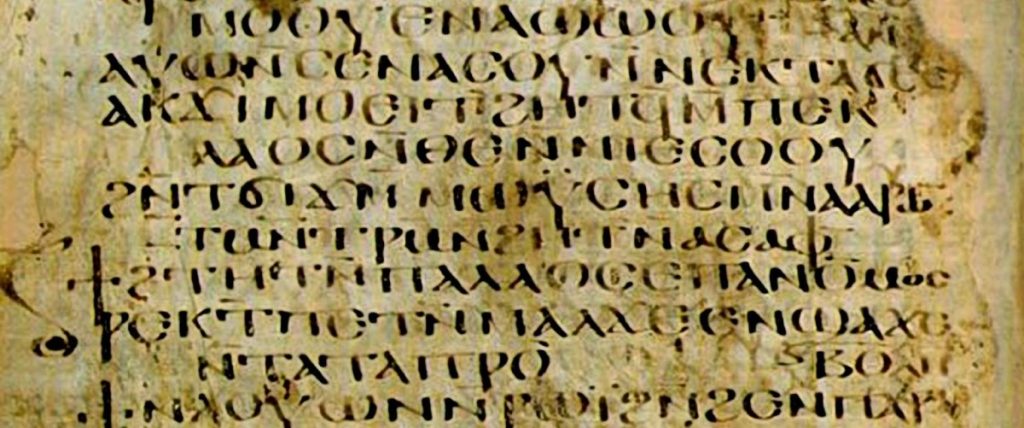Exegesis is the practice of carefully analyzing the text of the Bible in order to understand exactly what the text means. The word “exegesis” comes from the Greek term “exegeomai,” which means “to explain, “to describe in great detail,” “to expound.” It is used in the New Testament in situations where people are declaring or explaining what happened in any given scenario (Luke 24:35; Acts 10:8; 15:12; 21:19). Exegesis has nothing to do with what a person thinks a Bible verse means, or what a person wants the verse to mean, it only has to do with what the verse objectively means from the biblical writers mind. Exegesis is concerned with intentionality. It tries to draw out and discover through historical, grammatical and syntactical analysis the meaning the biblical author intended to convey to his original readers. A student of the Bible must try to trace the author’s train of thought and find out what he was actually trying to say. This is true in attempting to understand any kind of literature.
The most important place the Greek word “exegeomai” is used is in John 1:18, No one has seen God at any time; the only begotten God who is in the bosom of the Father, He has explained Him. Jesus has “explained” the Father and interpreted the Father. He came to decipher the Father to us. Jesus expounds and illuminated God to us so that we could know exactly what God was like. Every time Jesus performed a miracle, healed a person or forgave sins, He was revealing the glorious character of God the Father. To this day, people struggle to know who God is and what He is like, but all they need to do is study the Gospels in how they portray Jesus and they will know God.
The terms exegesis and hermeneutics have been used interchangeably. However, hermeneutics is a broader term that has to do with interpretation theory, while exegesis is the proper method to use when engaging in interpretation. When it comes to studying the Bible the only legitimate way to study it is to employ exegesis. A knowledge of the original languages of Greek and Hebrew are beneficial in engaging in exegesis, but they are not necessary. Today there are excellent tools such as books, Bible software and internet sites that make the process of exegesis easier.
The goal of biblical exegesis is to uncover the proper interpretation of any given text in order to know what God says and be able to apply the principles for daily living. 2 Timothy 2:15 states, Be diligent to present yourself approved to God, a worker who does not need to be ashamed, rightly dividing the word of truth. In context, “be diligent” means to make every effort or to do your best in studying the Bible. This is an exhortation for every believer to try hard to interpret the Bible. The benefits of such efforts will result in the believer not being ashamed before the Lord. Rather, the efforts will pay off and produce fruit in understanding correctly the Word of God. The expression “rightly dividing the word of truth” means to handle the Scriptures correctly. Believers are to handle the Word of God with a fixed determination to stay on point, to explain and apply its truth according to its meaning and intent. Every believer can do this for their own good and the glory of God.
Scripture Reference
They began to relate their experiences on the road and how He was recognized by them in the breaking of the bread.
and after he had explained everything to them, he sent them to Joppa.
All the people kept silent, and they were listening to Barnabas and Paul as they were relating what signs and wonders God had done through them among the Gentiles.
When he had greeted them, he told in detail those things which God had done among the Gentiles through his ministry.
No one has seen God at any time; the only begotten God who is in the bosom of the Father, He has explained Him.
Be diligent to present yourself approved to God as a workman who does not need to be ashamed, accurately handling the word of truth.
Studies You May Also Find Interesting:

Joy
Biblical joy is a deep down settled harmony, which is based on the promises of God that comes out in

Apologetics
Apologetics is the defense of the Christian faith.1 Peter 3:15 is the classic passage that deals with apologetics, Always being

Sanctification: How We Are Made Holy
This week’s biblical and theological term to ponder on is “sanctification.” Some people assert that we need to change these

